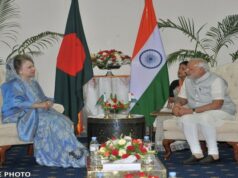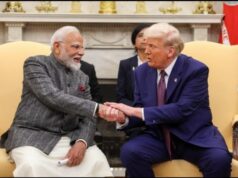If there is one glaring policy omission in the first two terms of the National Democratic Alliance (NDA), it is the one pertaining to the middle class. Despite being a substantive contributor to the Indian economy, it is a cohort that has not got its due. Worse, the growing burden of tax compliance is squeezing the middle class further.
Some would even argue that with its overreach India is killing the proverbial golden goose.
Will the upcoming Union Budget signal a course correction? In the aftermath of the general election, wherein the NDA witnessed an erosion in its seats, it is a political imperative too.
In the run-up to the presentation of the first Union Budget of the third tenure of the National Democratic Alliance (NDA), the expectations were that the government would lean on populism to rework the electoral narrative.
However, Finance Minister Nirmala Sitharaman passed on the opportunity. Instead, her record seventh Budget was an essay in fiscal prudence. At the same time, it attempted some out-of-the-box solutions like the incentive-linked employment scheme.
To understand the political and economic implications of the Budget, StratNews Global spoke to Deepak Shenoy, Founder and CEO, CapitalMind and Haseeb Drabu. He is an economist and former finance minister of Jammu and Kashmir.
Anil Padmanabhan has been a journalist for the last 36 years. He has worked in various capacities in several publications including Afternoon Despatch & Courier, Press Trust of India, Business Standard, Mint and was based in New York for India Today. He was a Nieman Fellow in 2001. He tweets at @capitalcalculus.




